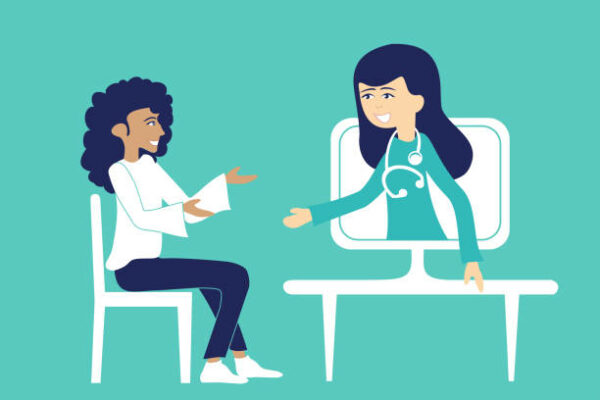The capsule is linked to the SDB's Disaster Telehealth Project and the first mission began on March 23 to offer teleconsultation services in primary care, telenutrition and telepsychology.
In a significant move towards democratizing access to healthcare, Saúde Digital Brasil (SDB), in partnership with the company OBH Energy, has developed an innovative telehealth capsule to offer healthcare services to the Koripako indigenous population, which faces significant challenges in terms of primary health care, nutrition and well-being. The capsule is linked to the Catastrophe Telehealth Project, created in 2023 by the entity to offer telehealth services in cases of humanitarian catastrophes, emergencies or environmental disasters.
The Koripako Humanitarian Mission, which began on March 23, 2024, is being carried out in conjunction with the Albert Einstein Israelite Hospital, an SDB partner, which operates in the region through Proadi-SUS, under the leadership of Dr. Fabio Racy, leader of the hospital's Disaster Prevention and Response Committee. After identifying a pent-up demand for mental health and nutrition services in the local population, those responsible invited the SDB to participate in the mission to meet these needs, complementing the health services in medical specialties that would already be made available to the local population by Einstein itself.
Considering that the Koripakos live in Brazil (Amazon, in Alto Içana) and in Colombia, in areas remote areas, with scarce electricity and limited internet access, the capsule was developed to ensure energy and internet independence and incorporates a Telehealth Station. A series of strategic measures were implemented to enable the provision of remote services. Among the main ones is the involvement of SDB members in making available both their technological platforms and professional hours for the services.
The TopMed platform, specialized in providing telehealth services, which met the technical requirements required for participation in the project, was selected. The services will be provided by family doctors, nutritionists and psychologists, who work in the associated companies. These, in turn, will assume the costs involved in providing services and training. Among the confirmed partner associates in the project are: Doc24, Dr. Online, Hospital Israelita Albert Einstein, MedBR, Sabin, Teladoc, TopMed, Tuinda and Vibe Saúde. In addition, during the consultations, the professionals will be able to use the telepropaedeutics devices of the company. TytoCare, made available in the project by Tuinda Care, an SDB partner, for carrying out physical examinations remotely.
The project is led by Dr. Caio Soares, vice-president of Saúde Digital Brasil, and Dr. Renata Zobaran, member of the association's Deliberative Council, coordinated by the executive manager, Michele Alves.
According to Soares, with this initiative, the entity will promote collaboration, mutual understanding and the construction of more equitable relationships between different sectors of society. “We want to foster social commitment to help those who face difficulties and challenges, especially vulnerable communities such as indigenous communities,” he emphasizes.
Furthermore, the SDB understands that participation in humanitarian actions reflects a sense of solidarity that should always be present in the Institution. “The initiative is a way of contributing to social justice, seeking to mitigate disparities and promote equal opportunities in populations historically known for injustice, discrimination and inequality”, adds Renata.
The Koripako Humanitarian Mission also has the support of the Special Indigenous Health District (DSEI) of Alto Rio Negro and the Brazilian Army. The base of operations will be in the municipality of São Joaquim/AM and the Brazilian Army will participate in a vital way, making its local structure available to carry out the mission.
More about the indigenous community
There are more than 200 indigenous ethnic groups in Brazil, totaling around 450,000 people, who speak approximately 180 different languages. There are 610 indigenous lands in the country, present in almost all states (except Piauí and Rio Grande do Norte), occupying around 15% of the national territory.
The Koripakos, who speak a dialect of the Baniwa language, live in Colombia and Brazil, in the Upper Içana. The Baniwas live on the border between Brazil and Colombia and Venezuela, in villages on the banks of the Içana River and its tributaries, the Cuiari, Aiairi and Cubate, as well as communities in the Upper Rio Negro and in the urban centers of São Gabriel da Cachoeira, São Joaquim and Jerusalém, in Amazonas.
According to data from the Secretariat of Indigenous Health (SESAI) from 2014, the Brazilian Koripako population has around 1,673 indigenous people, distributed across 19 communities.





